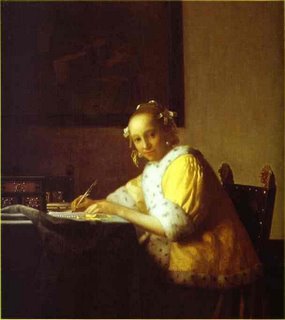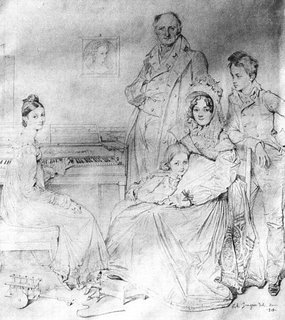
Amanda, Megan, Janet and I are bound for the RWA Conference this week, not exactly a “day at the beach,” but a lot of fun in its own way. Still, it did get us thinking about vacations, especially beach vacations. Instead of proceeding through our hectic lives or the hectic conference, we imagined going to the beach and sitting under a beach umbrella, listening to the waves and READING!
What books, we asked ourselves, would we pack?
In each of our blogs this week, we are going to tell you!
Starting with me.
Traveling to Atlanta today, Monday July 24, I will worry only about what book to take on the airplane. (That’s not all I’ll worry about. At the conference I’ll discover if The Mysterious Miss M wins Best Regency in The Bookseller’s Best or The National Reader’s Choice Awards. And if A Reputable Rake wins the RITA for Best Regency. Yipes!)On my return flight, I’ll likely pick one book among the many freebies we’re bound to receive.
But if I were going to the beach? I scoured my To-Be-Read piles and selected the books I’d most want to read if I could spend this week sitting under a beach umbrella. My choices are confined to friends’ books. I don’t even dare to consider widening the book pool to include all the possibilities.
Regency Books:
Lady Midnight by Amanda McCabe – “our” Amanda. I’ve had the book for ages and it is on the top of my pile and is a Booksellers Best finalist for Best Historical.
The Naked Marquis by Sally MacKenzie – I enjoyed her Naked Duke and want more!
Love is in the Heir by Kathryn Caskie – her conclusion to the Featherton sister series
To Love a Thief by Julie Ann Long – her RITA finalist for Short Historical
Others: (these are all by my pals in the Wet Noodle Posse, who are way too prolific for me to keep up)
A Rogue in a Kilt by Sandy Blair – I loved her debut, A Man in a Kilt
Run for the Money by Stephanie Feagan – Again, I loved Show Her the Money, up for Best First Book in the RITAs.
Learning Curve by Terry McLaughlin – a Harlequin Superromance I peeked into and can’t wait to finish
The Runaway Daughter by Anna DeStefano – ditto
The Mancini Marriage Bargain by Trish Morey – one of those delicious Harlequin Presents
Oh, there are so many more I could list! I could not possibly get through all of these on my beach week, but these are the ones I would pack.
(speaking of packing……did I remember everything?)
Cheers!
Diane




